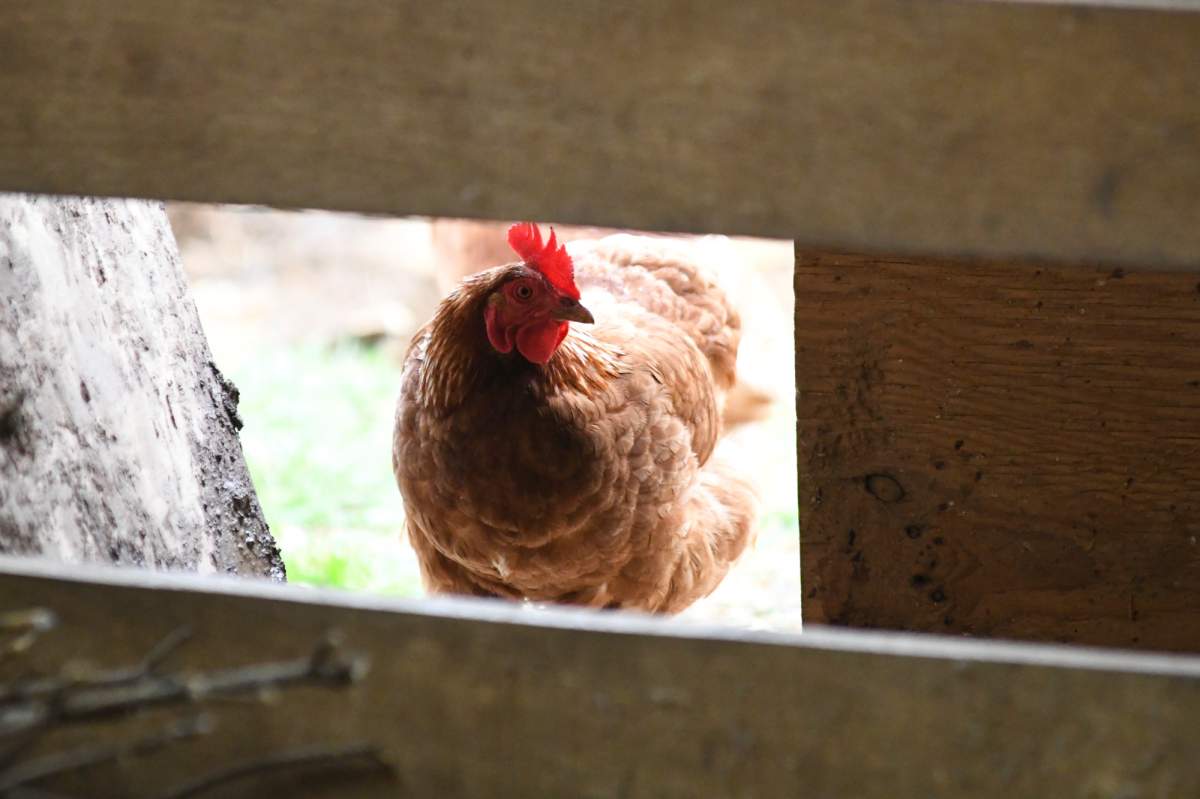Hamilton Public Health has confirmed an avian influenza case connected with the recovery of a dead turkey vulture in the Dundas, Ont., area, according to the city’s health hazards and vector borne disease program.

Supervisor Jane Murrell says the discovery was made by a resident who submitted the carcass to animal services, who then passed it on to the Canadian Wildlife Health Cooperative.
“So usually something that’s a one-off in an urban area that a resident would need to contact us, but in this case, that’s exactly what happened, ” Murrell told Global News.
Murrell says the city does not have its own surveillance program for bird flu cases, it’s strictly based on discovery from residents, poultry farmers or types of bird farmers.
She says in her nine years with public health, this the first avian flu case she’s experienced.
“It’s not something that happens every year, but, there is an outbreak going on right now in Ontario and in the States,” Murrell said.
“So that’s why we’re seeing multiple health units with positive cases showing up.”
Avian influenza has a high mortality rate, and those birds at outbreak sites that don’t die from the disease are humanely euthanized to prevent the spread of the virus.
The Canadian Food Inspection Agency (CFIA) says poultry and egg producers have lost more than 1.7 million birds to avian influenza since late 2021. The tally includes both birds that have died of the virus and birds that have been euthanized.

Get weekly health news
Ontario is the second hardest hit province with 23 affected farms and 425,000 birds dead.
Alberta is the hardest hit, with 900,000 birds dead and 23 farms affected.
But outbreaks of the virus have turned up now in every province except Prince Edward Island. Across the country, farmers are being encouraged to keep birds indoors, restrict visitors and ramp up biosecurity measures to help halt the spread.
The virus can be spread between birds through direct contact, but it also spreads easily from wild bird droppings and can be carried into commercial flocks on the feet of workers or on equipment.
Sickness in humans is rare but known cases involve fever, cough, sore throat and runny or congested nose.
Muscle or body aches, headache, general fatigue, conjunctivitis (red eyes) and shortness of breath are possible in human infections.
Avian influenza is not a food-borne illness and humans cannot contract the virus by eating poultry or eggs.
Murrell says for the average Hamiltonian it means not touching or handling any birds they may come in contact with.
Also, individuals should properly clean hands after coming in contact with a bird feeder.
Murrell says the affliction does not alter behaviour in animals and residents should not fear rabid animal attacks from infected birds.
“No, It would just, as in this case, end up dying in a place you wouldn’t expect to find a dead vulture,” Murrell said.
Community members who encounter sick or dead wild birds can reach out to the Canadian Cooperative Wildlife Health Centre at 1-800-567-2033 to report and receive guidance.
Precautions for disposing of a dead bird are outlined at www.ontario.ca/page/dead-animals-or-fish-found-your-property.
— with files from the Canadian Press












Comments
Want to discuss? Please read our Commenting Policy first.